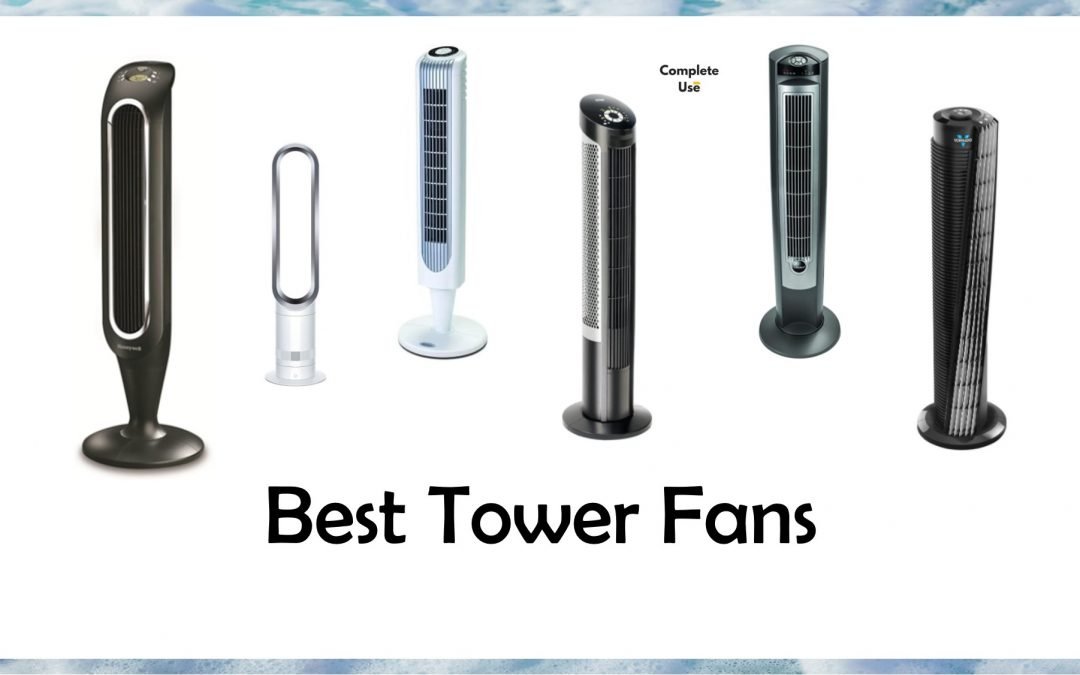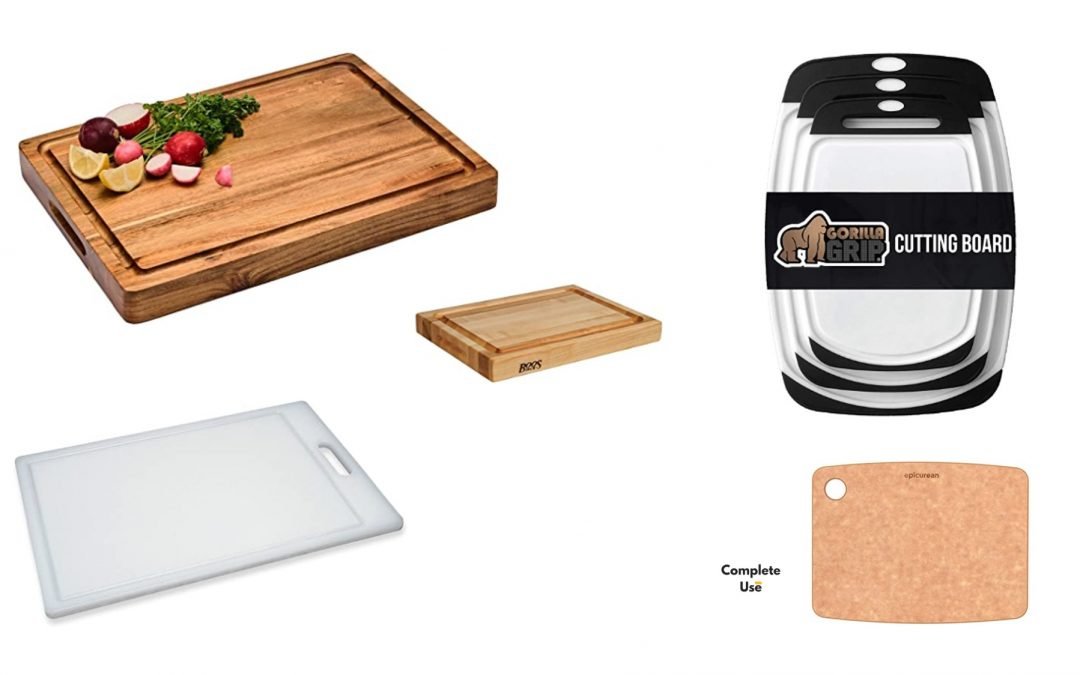Are you feeling like peeing more frequently? Do you pause before consuming thin liquids and worry about peeing? Have you started wondering how much time does water take to get through your body after drinking? This article will help you understand what happens with water when it passes your mouth, the frequency of your pee, conditions that apply, and ways you can improve your bladder.
How long does water take to go through you?
Well, the answer to this question varies significantly as a lot of conditions role play in it. Say, if you are drinking water on an empty stomach, it can enter your bloodstream, passing through the stomach into the large intestine within 5 minutes. The situation is more supported by cold water as compared to warm. But if you have eaten something and then you drink. It might take up to 45 minutes till the water is passed into the intestines. It is because the water will only pass through when the stomach has already digested all food. So, on average, the time bracket is between 5-120 minutes for a glass of water to absorb into your bloodstream and some parts of it to get out of the body through stools.
Specifically, for an average healthy body, it takes water about 45-60 minutes to start to get through. Kidneys process fluids at a rate of 800 to 1,000 ml an hour, given all the health conditions, are ideal.
When would you have to pee?
The times you will visit the restroom actually depends upon how well your body is hydrated already. For Example, when you are out in summers or doing sports, gym, or any heavy exercise, you are already dehydrated. So, you might not feel like peeing for hours even after consuming a few glasses of water. Contrarily, when you are hydrated, any liquid you will drink would be considered in excess, and kidneys will throw it out, forming more pee. The rate of absorption of kidneys is 800ml, and your bladder is the only 400ml. It means you will have the urge to pee within an hour.
Pee table
This table shows the time it takes an average-sized bladder to fill up to its top in different age groups.
| Age | Average bladder size | Time to fill the bladder |
| Infant (0–12 months) | 1–2 ounces | 1 hour |
| Toddler (1–3 years) | 3–5 ounces | 2 hours |
| Child (4–12 years) | 7–14 ounces | 2–4 hours |
| Adult | 16–24 ounces | 8–9 hours (2 ounces per hour) |
Does it depend on how much food is in your system?
The diet your intake actually plays a crucial role in the behavior of your bladder. There are certain foods that increase stress on your bladder and thus amplify your rate of urination. For Example, relying on junk food for longer times can cause congestion in your large intestine that can lead to constipation and urinary tract dysfunction. Similarly, some foods contain more gluten, which can contribute to an overactive bladder condition. Common examples include cereals, breaded foods, oats, alcohol, soups & noodles
What is the ideal rate to drink water, if water goes through you too fast do you still get hydrated?
By now, we all now know that most of the water we consume is absorbed within 120 minutes, so we can safely predict that if we drink a glass of water 2 hours before the gym, it will best benefit us. In order to keep ourselves hydrated throughout the day, keeping in mind the urination frequency, we will have to improve our water intake routine. By;
· Drink water after waking up in the morning as the body has been dehydrated for almost 8 hours.
· Drinking water before going to bed is also healthy, but if you have complaints of waking up for pee very often at night, you better avoid it.
· If you are an office person, it is advised to keep a water bottle with you to sip from it all day. The same goes for your car and gym timings.
· It is worth mentioning here drinking while eating is not a great idea as it may slow down your digestion process. In this scenario, the food will only help you when it is all digested by the stomach.
· That is why you should always try to drink water at least 30 minutes before taking a meal. You will feel better then.








